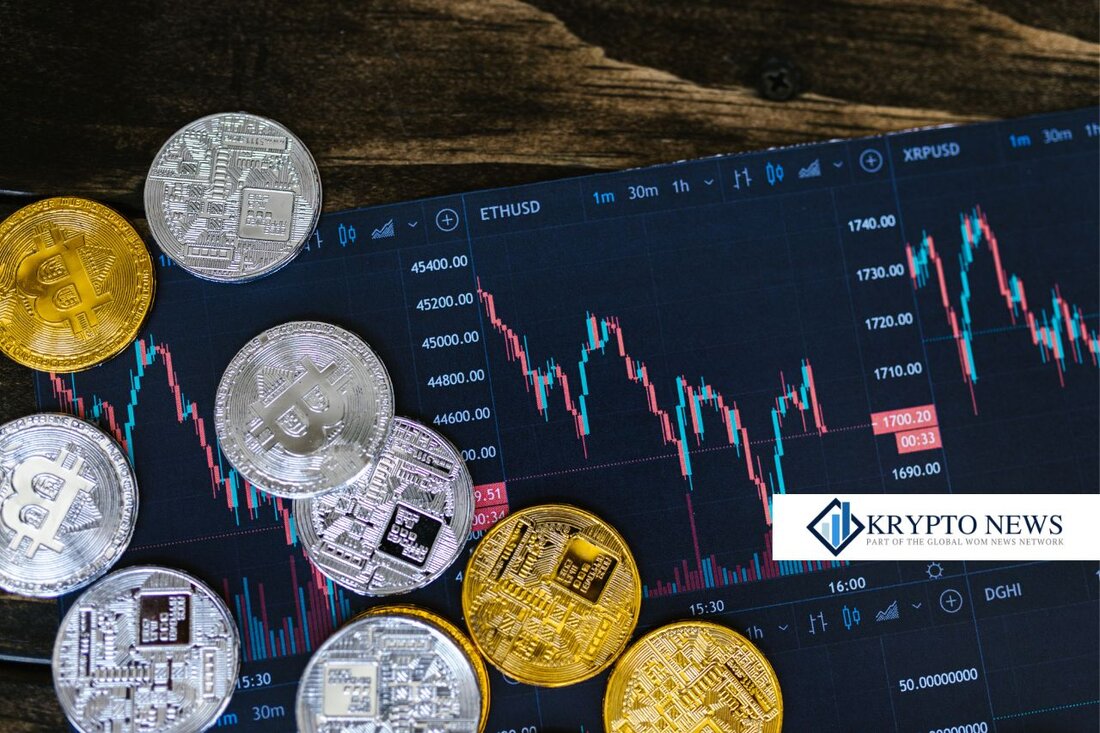Economist Hong Hao: Stabil coins as structural change in payment transactions-HKD-based products as a clear advantage
Economist Hong Hao: Stabil coins as structural change in payment transactions-HKD-based products as a clear advantage
The role of stablecoins in the future of payment transactions: a look from Hong Hao
stablecoins have developed into a central topic in the field of financial technology and digital currencies in recent years. Hong Hao, an economist, emphasizes that stable coins are a structural change in payment transactions. This digital form of money is characterized by the fact that it is bound to a certain Fiat currency, which makes it less volatile than traditional cryptocurrencies.
In particular, products based on the Hong Kong dollar (HKD) are in an advantageous position for the upcoming changes in the market. The HKD, as a stable currency, offers a solid basis for the creation and use of stable coins. This could be particularly advantageous for companies and consumers in Hong Kong, since local stable coins beat a bridge between the traditional financial world and the digital economy.
The stability that is achieved by binding to the HKD enables users to use the advantages of digital currencies without taking the risks of volatility that can be observed in many other cryptocurrencies. This stability is particularly crucial in a global financial environment that is characterized by uncertainty and fluctuations.
In this development,HAO not only sees a revolution in payment methods, but also a fundamental change in how transactions will be handled in the future. In view of the increasing digitization and acceptance of blockchain technologies, stable coins will be expected to play a central role in global financial architecture.
Overall, Hong Hao's analysis indicates that stable coins, especially those based on stable currencies such as HKD, could play an important role in the development of payment transactions. It remains to be seen how this sector will develop and what effects this will have on the traditional financial markets.


Kommentare (0)